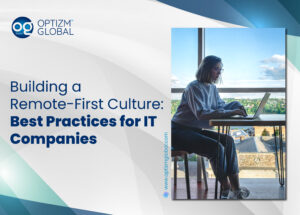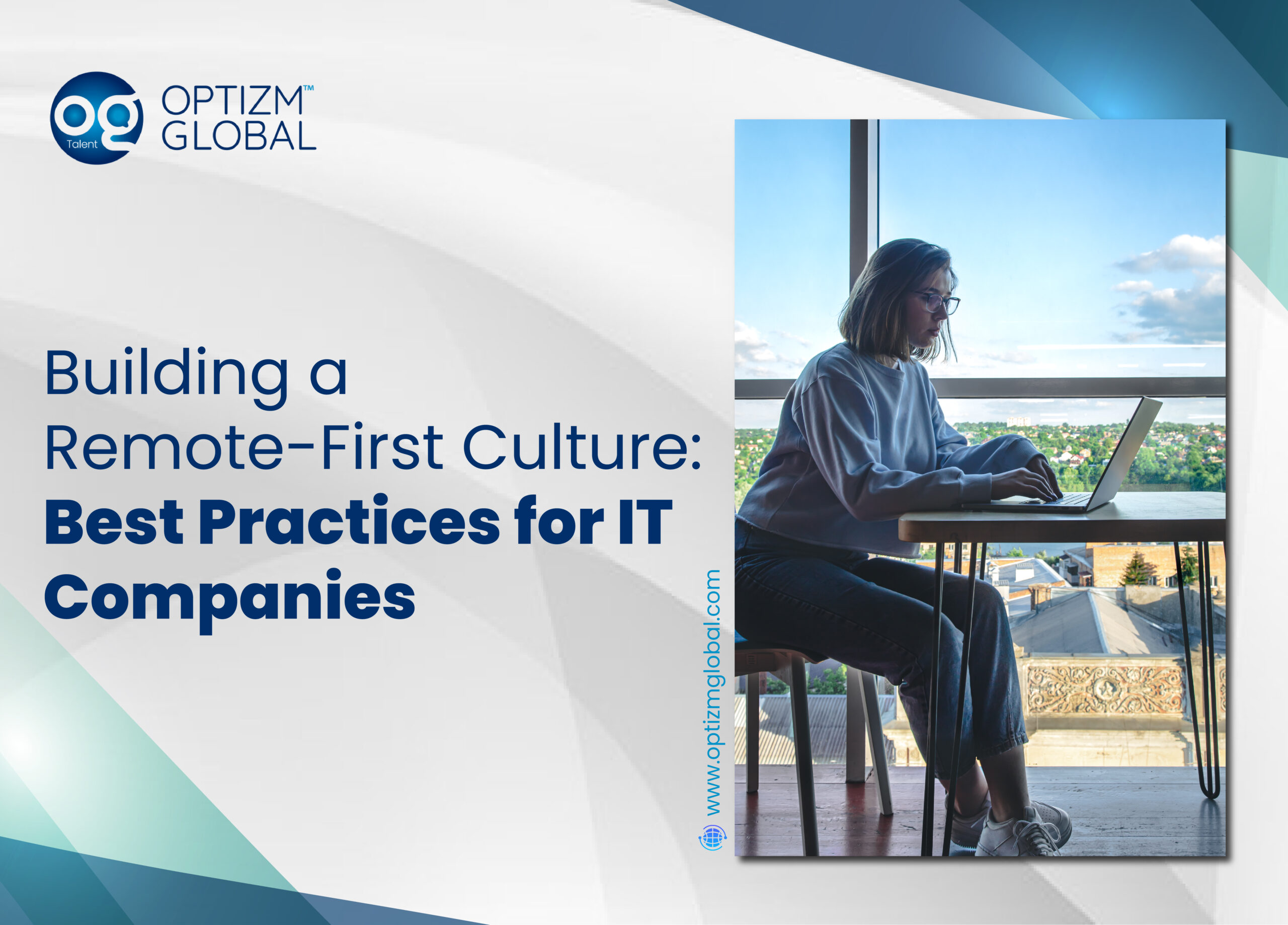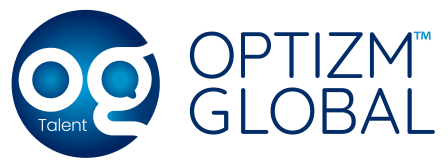The COVID-19 pandemic has led to an increase in remote work. Many organizations have transitioned to hybrid work models that combine in-office and remote work arrangements to accommodate employees’ changing needs and preferences. As a result, recruitment strategies must also adapt to attract and retain top talent in these new work environments.
This guide will explore how recruitment strategies can be modified to support hybrid work arrangements.
Understanding the Shift to Hybrid Work:
Hybrid work is a new way of working which combines the advantages of remote and in-office work. It allows employees to work from anywhere and in any way they prefer. This shift has been driven by technological advancements, changing employee expectations, and the need for a better work-life balance. Organizations increasingly adopt hybrid work models, so they must modify their recruitment strategies to attract and retain talent effectively.
Adapting Recruitment Strategies for Hybrid Work:
Emphasize Flexibility and Work-Life Balance:
In a hybrid work environment, it is essential to offer flexibility to employees. The recruitment strategies should emphasize the organization’s dedication towards work-life balance and flexibility in work arrangements. It is crucial to highlight that employees can work remotely for a part of the time while still being able to collaborate and engage with the team effectively.
Leverage Technology for Remote Hiring:
As remote work becomes increasingly common, recruitment processes have moved to virtual platforms. Using technology for remote hiring, like video interviews, virtual job fairs, and online assessments, can simplify the recruitment process and expand the candidate pool, regardless of their location.
Focus on Communication and Collaboration Skills:
Effective communication and collaboration are crucial for successful hybrid work environments. Companies should prioritize recruitment strategies highlighting the significance of these skills and evaluate candidates’ capacity to excel in a remote or partially remote work setting. When hiring, it’s essential to seek out individuals with strong communication skills, adaptability, and the ability to work independently.
Highlight Technology and Infrastructure Support:
Hybrid work depends on technology and infrastructure to enable smooth collaboration and communication. When recruiting, it’s important to emphasize the organization’s dedication to investing in technology tools, remote access capabilities, and IT support to ensure employees have the necessary resources to thrive in a hybrid work environment.
Promote Employee Well-being and Mental Health Support:
Companies shifting to hybrid work models can impact employees’ mental health and overall well-being. To attract top talent, organizations should highlight their dedication to supporting staff by offering wellness programs, mental health resources, and flexible work arrangements. Job seekers prioritize finding a work environment that prioritizes employee wellness and provides a supportive atmosphere.
Offer Opportunities for Professional Development and Growth:
In hybrid work environments, how employees can develop and grow professionally may differ from those in traditional in-office settings. Therefore, recruitment strategies should emphasize the organization’s dedication to offering remote learning opportunities, virtual training programs, and mentorship programs that support employee development and career advancement.
Create a Strong Employer Brand:
A strong employer brand is crucial to attracting the best talent in a highly competitive job market. Recruitment strategies should prioritize developing and promoting the organization’s employer brand, highlighting its distinctive culture, values, and dedication to supporting hybrid work arrangements. Employee testimonials, success stories, and endorsements should be showcased to demonstrate why the organization is an appealing workplace.
Prioritize Diversity, Equity, and Inclusion (DEI):
Creating a diverse, equitable, and inclusive workplace culture is crucial for fostering a thriving work environment. Recruitment strategies should prioritize DEI initiatives and ensure that hiring processes are inclusive and equitable. It is essential to emphasize the organization’s commitment to diversity and inclusion and highlight initiatives to create a diverse and inclusive workforce.
Provide Opportunities for Social Connection and Team Building:
Maintaining social connections and fostering team cohesion can be challenging in hybrid work environments. Recruitment strategies should emphasize the organization’s efforts to provide opportunities for social connection and team building, both in-person and virtually. Highlight virtual team-building activities, networking events, and employee resource groups to promote a sense of belonging and community among remote and in-office employees.
Conclusion:
As businesses embrace hybrid work arrangements, they must modify their recruiting methods to attract and retain top talent in this new world.
The recruiting methods can be limited effectively by emphasizing flexibility, utilizing technology, focusing on communication and collaboration skills, and prioritizing employee well-being and professional growth. To attract and retain top talent in a competitive labor market, organizations should develop a strong employer brand, support diversity, equality, and inclusion, and provide opportunities for social interaction and team building.
As the workplace evolves, adopting recruiting techniques that cater to hybrid work settings is crucial to building a competent and resilient workforce. For further information, please contact us at info@optizmglobal.com we’ll gladly assist you.












